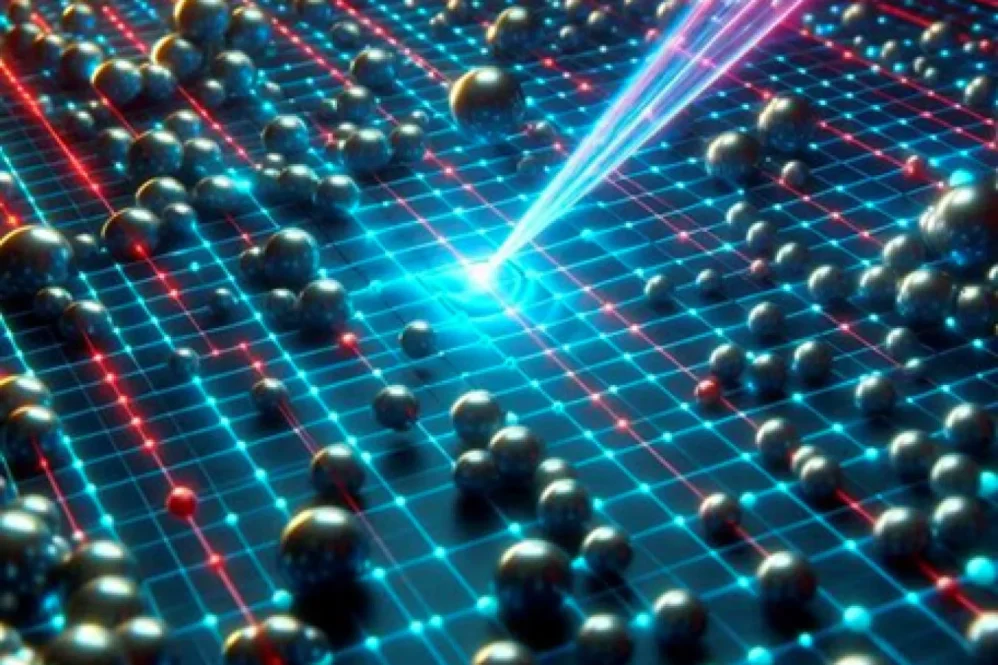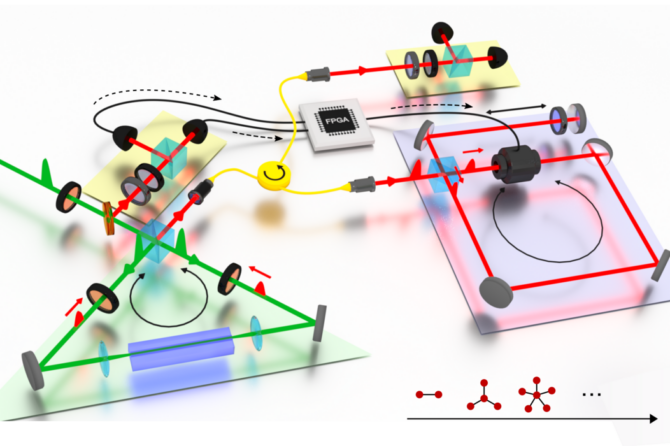A groundbreaking framework has been developed to quantify uncertainties in analog quantum simulations, significantly improving their predictive capabilities for quantum many-body systems.
Quantum many-body systems represent a substantial challenge in nuclear and high-energy physics due to their inherent complexity. These systems contain numerous interacting particles governed by quantum mechanics, making them dramatically more complicated than simple two-particle systems. Even the most advanced classical computing resources struggle to model these systems with sufficient accuracy.
Quantum computing offers a promising alternative through analog quantum simulation, though these simulations depend on theoretical approximations to represent many-body systems within quantum hardware. Nuclear physicists have now introduced a framework that evaluates and reduces the impact of these approximations, enhancing simulation reliability.
As quantum computers become increasingly stable and resistant to noise, understanding and quantifying error sources becomes essential for making reliable predictions. The techniques developed in this work will improve precision in future simulations.
Analog quantum simulation works by using a controllable quantum system to replicate the behavior of more complex systems. Rydberg-atom quantum computers represent a leading architecture for such simulations, offering scalable arrays of atoms that support universal quantum operations. With rapid improvements in control mechanisms, these analog quantum computers are expected to provide near-term advantages in discovering new physics.
For these simulations to yield scientifically valuable results, researchers need robust theoretical approximations when representing systems on quantum computers. The University of Washington‘s nuclear physics team has developed a framework to systematically analyze how these approximations interact.
Their research demonstrates that careful tuning of simulation parameters can minimize approximation impacts. These optimization techniques have been successfully demonstrated in spin models that share fundamental characteristics with nuclear interactions.
Reference: “Optimization of algorithmic errors in analog quantum simulations” by Nikita A. Zemlevskiy, Henry F. Froland and Stephan Caspar, 15 May 2024, Physical Review A. DOI: 10.1103/PhysRevA.109.052425


